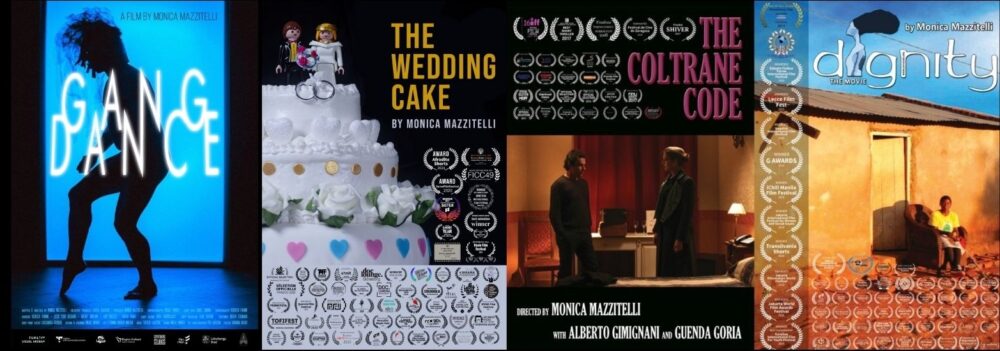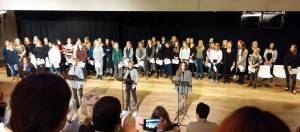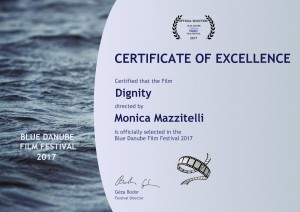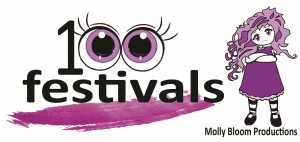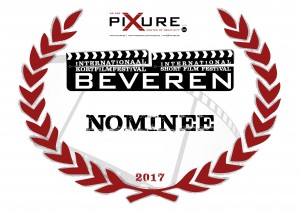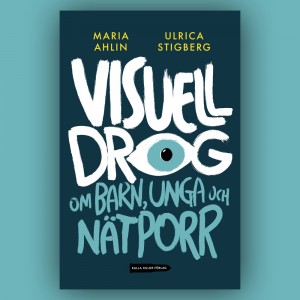[Some sad reflections about the flop of the #metoo in Italy. Originally published in Italy (in Italian) by “Le Donne Visibili”, “La Poesia e lo Spirito” and “Popoff”. Illustrated by Eliana Como. Translation edited by Cinzia Guerriero and Niko Despopoulos]
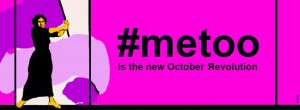
A feeling like a point of no return.
Like in H.C. Andersen’s tale – The Emperor’s New Clothes – at one point a scream was enough: so too were the first women in the Hollywood Star System who had the courage to let out and come clean of shame, anger, frustration, fear and uncertainty. From there, a few days later, the first post with #metoo hashtag starts to spread around and in a couple of nights it becomes an avalanche. Figures are updated by the hour to count thousands and thousands western women who have found the strength to tell their story from the multitude. Whether it concerned a harassment on a bus or a rape, so many hands rose, and the river became a flood, an event that was impossible to ignore. Thanks to the social networks, Western women finally met, though without having ever set eyes on each other, and in the sisterly and warm wave of saying “me too” formed a sort of alliance, with the strength that women have when they get too tired to slip anything else thru. Continue reading →
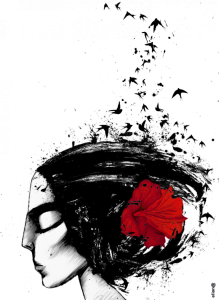 I know it makes little sense to post a review in Italian in this site, but I could not resist the tempation of at least show the incredible beauty of this image that was painted by the same person who wrote this piece: Eliana Como.
I know it makes little sense to post a review in Italian in this site, but I could not resist the tempation of at least show the incredible beauty of this image that was painted by the same person who wrote this piece: Eliana Como.